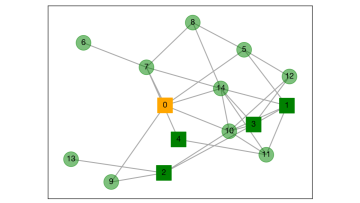12:00
Non-singular extension of the Kerr-NUT- (anti) de Sitter spacetimes
Abstract
The outstanding issue of a non-singular extension of the Kerr-NUT- (anti) de Sitter solutions to Einstein’s equations is solved completely. The Misner’s method of obtaining the extension for Taub-NUT spacetime is generalized in a non-singular manner. The Killing vectors that define non-singular spaces of non-null orbits are derived and applied. The global structure of spacetime is discussed. The non-singular conformal geometry of theinfinities is derived. The Killing horizons are present.


